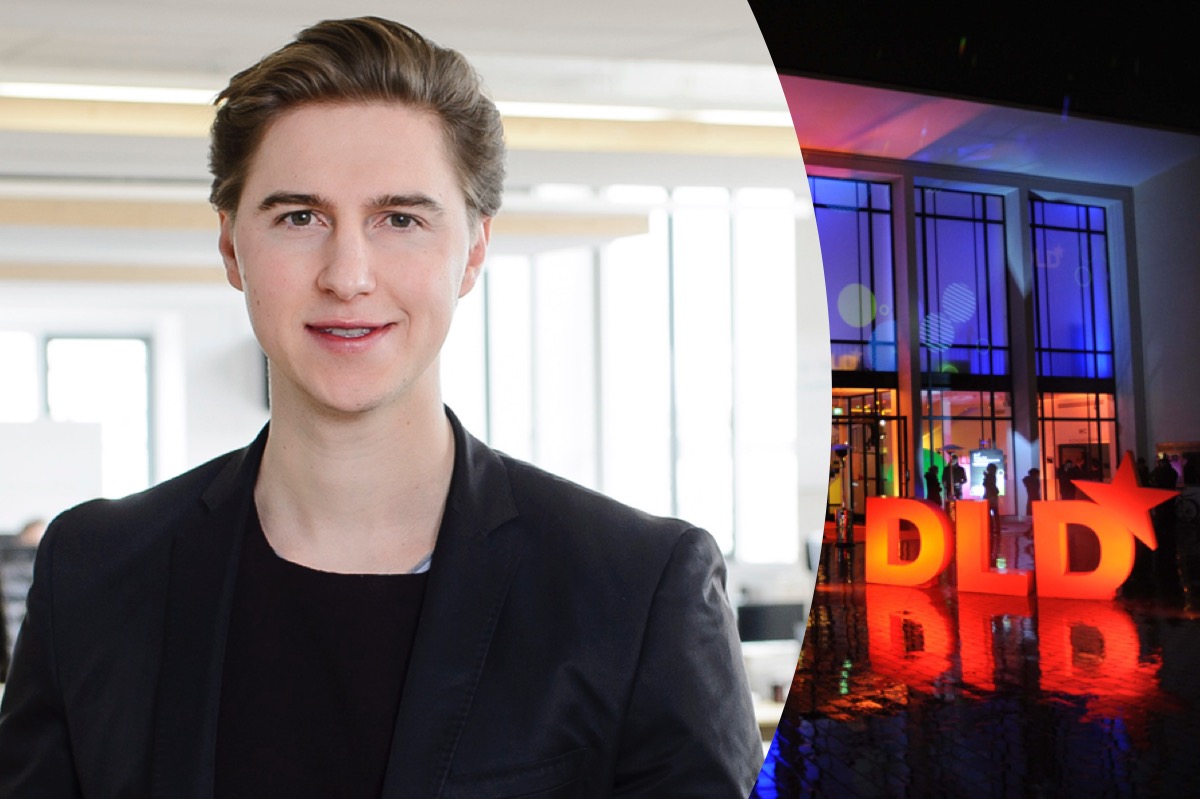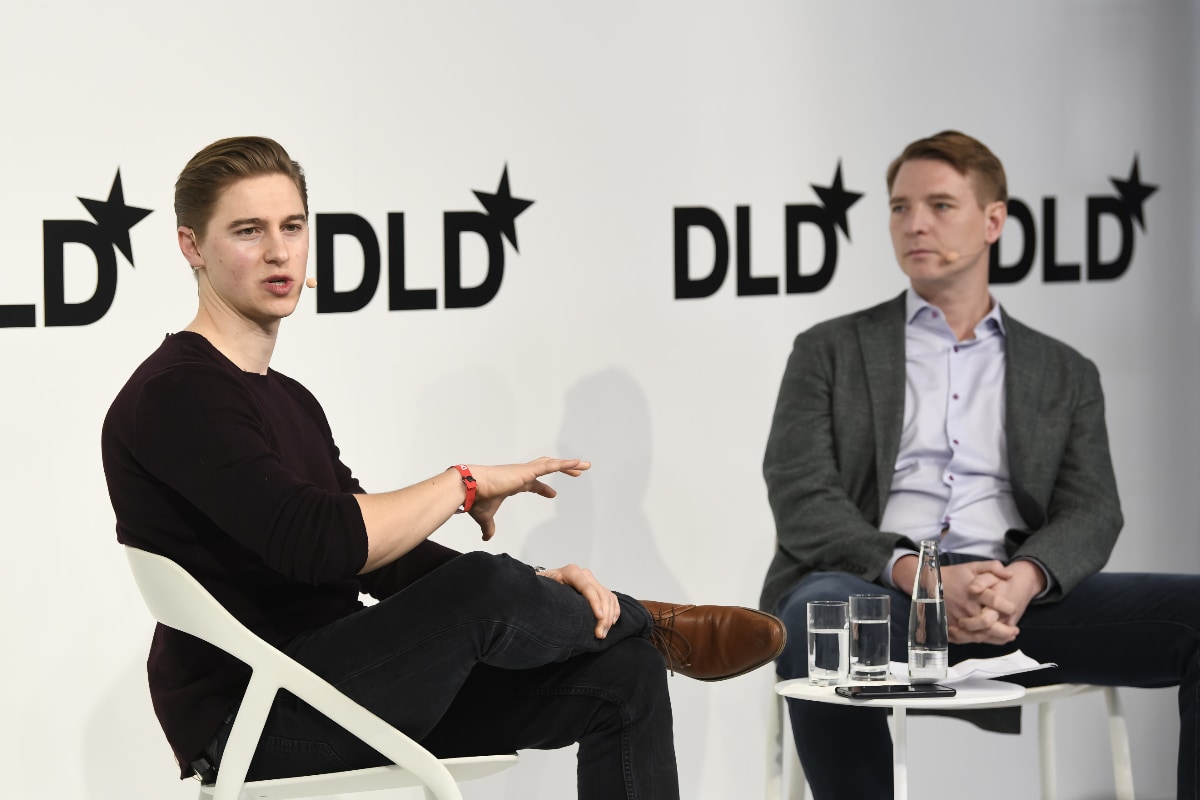
“More Data Alone Doesn’t Automatically Result In Better Analytics”
A connected economy needs a modern infrastructure – but what becomes possible once you have 5G networks and smart sensors in place? Andreas Kunze, CEO and co-founder of Munich-based startup KONUX, spoke to us about the many ways that fast mobile networks and smart algorithms can supercharge the digital economy of the future.
A connected economy needs a modern infrastructure – but what becomes possible once you have 5G networks and smart sensors in place? Andreas Kunze, CEO and co-founder of Munich-based startup KONUX, spoke to us about the many ways that fast mobile networks and smart algorithms can supercharge the digital economy of the future. He will also be onstage at DLD 2019 on Sunday, January 20.
How important is 5G for the digital economy?
It is absolutley crucial. I see 5G as a major empowerment and driver of the development of smart infrastructure and artificial intelligence. When people hear about 5G they tend to think of consumer applications and, for example, how nice it will be to have super-fast connections to stream videos onto mobile devices. But a core differentiator of 5G is that it brings much-needed flexibility and functionality to industrial applications. Today, most connected devices rely on battery power, and data transmission is the biggest energy guzzler, requiring faster battery replacement the more data you want to transmit. 5G will improve battery lifetime by a factor of 10 because it needs far less energy for data transmission, and this will enable many kinds of new applications. Another big advantage is much improved latency for faster response times and better network performance, making real-time applications possible.
What kinds of applications are you thinking of?
Today, the Internet of Things is mostly used for condition monitoring and predictive analytics. That’s what we do at KONUX when we collect sensor data from the railway infrastructure and use machine learning to predict, for example, when the replacement of critical components like switches is due before they actually fail. But today’s networks imply several disadvantages. Say, you’re driving a Tesla through a tunnel. To date, you cannot rely on always having a perfect Internet connection, so the intelligence needs to be in the car. Using 5G, you can push more of the processing into the cloud, virtually in real-time. Think of smart cities, for example, and how it becomes possible to direct traffic dynamically if you are able to control the stop lights as needed. Similarly, sensors in bridges or gas pipelines will offer a deeper understanding of assets that are critical to the economy. In that sense, 5G will become a long-term differentiator for countries, because you’ll have more data available to optimize products, processes and business models.
How do you make sense of all the data being collected?
That’s a good point. More data alone doesn’t automatically result in better analytics. In fact, it’s crucial to bring application know-how and the right set of data together. In predictive maintenance, for example, if you want to identify an anomaly, you need to know what your collected data means in the context of the asset. Otherwise the data doesn’t create any value for the customer. Germany has a lot of know-how regarding the application itself: how does the machine work, how does the infrastructure behave? This is definitely our core strength. We’re a country of engineers, and if you want to build a meaningful application you need this kind of knowledge. Combined with the prospect of a 5G infrastructure, I think we have a very good starting point to benefit from the next wave of digitalization in an industrial context. Having said that, it is also true that in Germany the network capacity required isn’t there yet, and we’re moving a bit slower in this respect than, say, China or the U.S. But I think building out the infrastructure is something that can be done much faster than acquiring all the knowledge of how to build different kinds of machinery and high-precision manufacturing.

AI Is Eating the World
By loading the video you agree to the privacy policy of YouTube.
You are currently viewing a placeholder content from YouTube. To access the actual content, click the button below. Please note that doing so will share data with third-party providers.
More Information